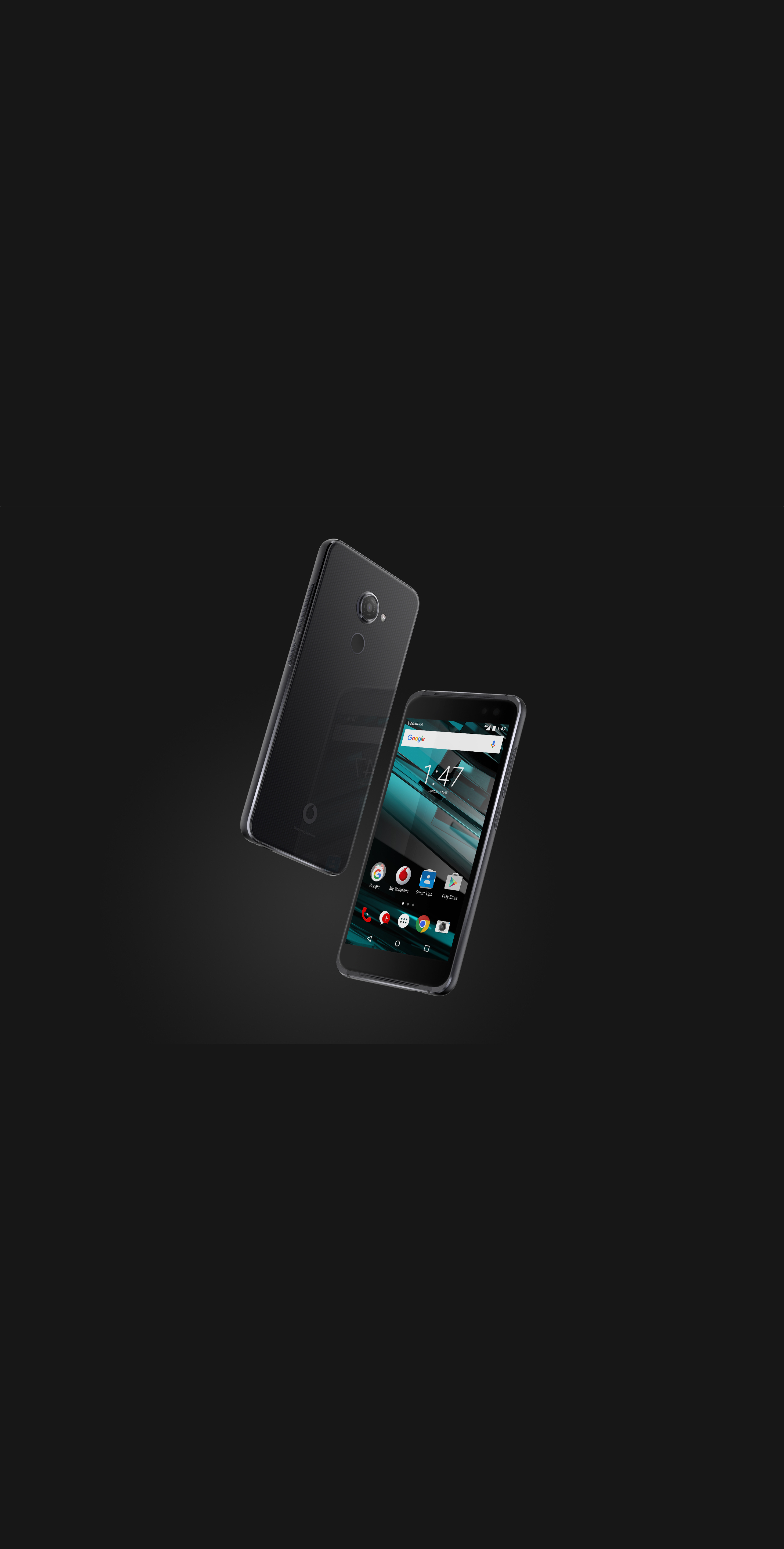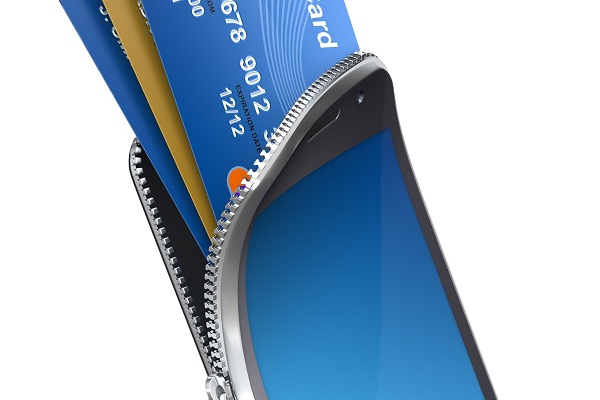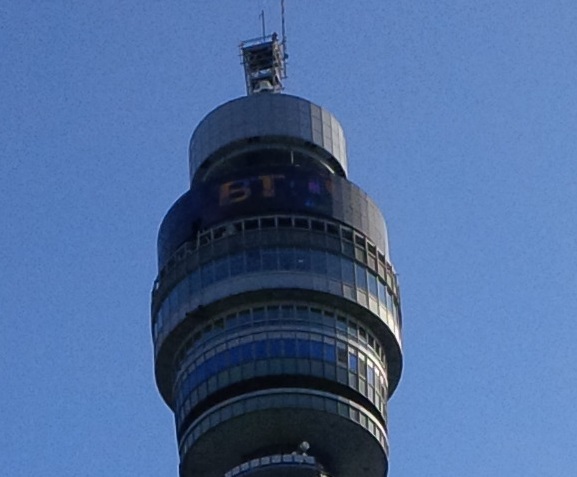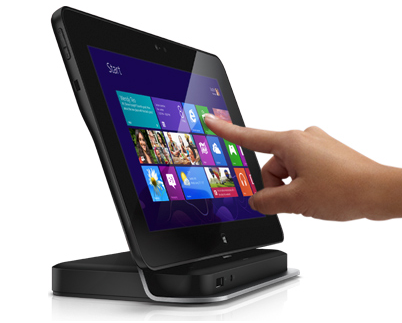Survey: UK parents would pay for mobile child protection controls
Mobile security vendor claims operators are missing a trick by not charging for smartphone parental controls.

Mobile operators could be missing out on an extra 4 million in revenue each month by not charging customers for child protection tools, AdaptiveMobile claims.
The mobile security vendor claims parents would be willing to pay an extra 5 a month to mobile operators for a service that protects their children from accessing inappropriate content online.
In the firm's latest Global Security Insights for Mobile report, two thirds (65 per cent) of UK parents aired concerns about their child's safety when using mobile devices to access the internet.
Sixty-seven per cent of respondents said they would like to use parental controls on their child's phone, while 70 per cent would like to tailor their child's device management as they get older.
Just over a 1,000 UK parents, with children aged between eight and 15 years old, took part in the survey.
Seventy one per cent said they would be willing to pay mobile operators to protect their children from online threats, with 25 per cent willing to pay up to 5 a month. A further 21 per cent said they would pay up to 10.
Ciaran Bradley, vice president of handset security at AdaptiveMobile, said operators are missing a trick by not charging more for children protection.
Sign up today and you will receive a free copy of our Future Focus 2025 report - the leading guidance on AI, cybersecurity and other IT challenges as per 700+ senior executives
"Everyone is aware of the online risks that face children growing up today, but operators need to realise that this is an opportunity for them to more effectively support parents and familiesm," said Bradley.
"With 17% of 8-to-15 year olds owning smartphones, this is a significant portion of the UK population."
IT Pro flagged up AdaptiveMobile's findings to several mobile operators, including O2 and Vodafone, who said they already offer a comprehensive set of parental controls for their customers.
In a statement to IT Pro, Vodafone said most of its handsets come with a content control bar to block access to 18-rated material.
The firm also offers a free Android app called Vodafone Guardian that lets parents control who phones their child.
"We can only manage 18-rated content where we have control over access to the internet through our own server, which is the case with the majority of the devices we offer," said a company spokesperson.
"The exception is Blackberry devices, as RIM use their own servers."
Meanwhile, O2 said it works with primary schools to help teach children about the importance of staying safe online.
It also has a dedicated team in-house that works with the police on child protection matters.
"Parents can activate Parental Control, a restricted browsing environment or walled garden' on a child's mobile [and] an age verification process restricts access to 18 classification mobile services," an O2 spokesperson told IT Pro.
-
 I couldn’t escape the iPhone 17 Pro this year – and it’s about time we redefined business phones
I couldn’t escape the iPhone 17 Pro this year – and it’s about time we redefined business phonesOpinion ITPro is back on smartphone reviews, as they grow more and more intertwined with our work-life balance
-
 When everything connects, everything’s at risk
When everything connects, everything’s at riskIndustry Insights Growing IoT complexity demands dynamic, automated security for visibility, compliance, and resilience
-

 Vodafone Smart Platinum 7 review
Vodafone Smart Platinum 7 reviewReviews The network own-brand phone that looks surprisingly luscious
-
 Vodafone Smart Prime 7 review
Vodafone Smart Prime 7 reviewReviews This £75 smartphone might be cheap, but it’s subprime
-
 Mobile phone operators hike up access charges
Mobile phone operators hike up access chargesNews The price increase affects calls to 084, 087, 09 and 118 numbers
-
 Vodafone re-enters broadband market with cut-price fibre
Vodafone re-enters broadband market with cut-price fibreNews Connect fibre service sports free router and companion app, but expert questions availability
-
 BT returns to mobile market with super-cheap 4G
BT returns to mobile market with super-cheap 4GNews But can the telco muscle in on mobile without offering top-end consumer phones?
-
 Dell ties up with O2 to punt out-of-box mobile connectivity
Dell ties up with O2 to punt out-of-box mobile connectivityNews NetReady PAYG Sim pre-installed in laptops and tablets
-
 O2 splits tariffs to allow early phone upgrades
O2 splits tariffs to allow early phone upgradesNews Mobile operator to allow customers to get the new phone they want without ditching airtime contract.
-
 Orange and T-Mobile customers hit with 3.3% price hike
Orange and T-Mobile customers hit with 3.3% price hikeNews Pay monthly customers to pay around 70p more a month, operators confirm.